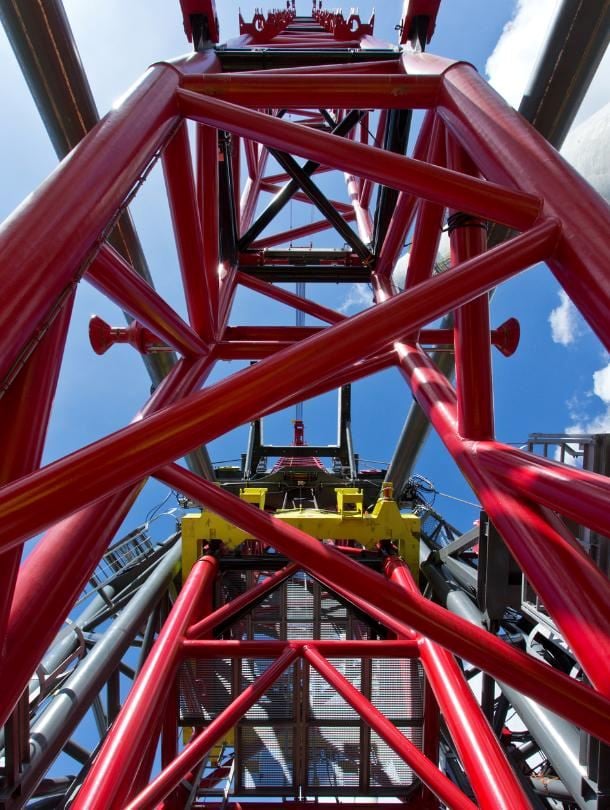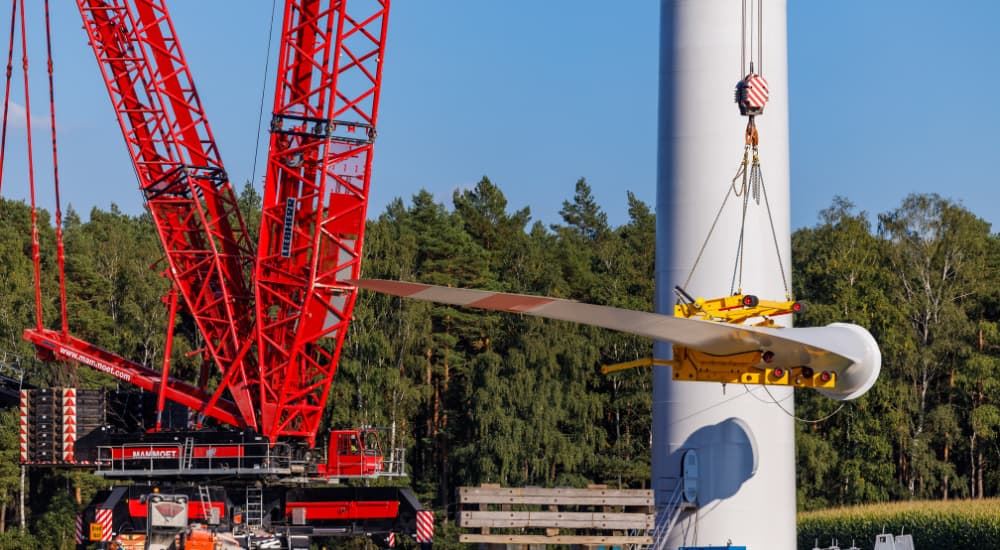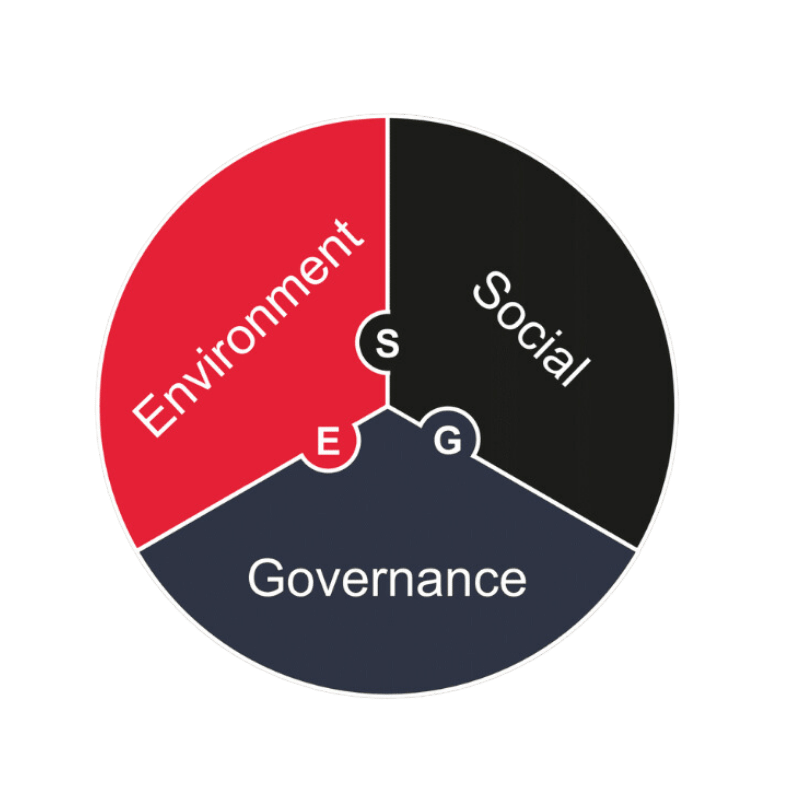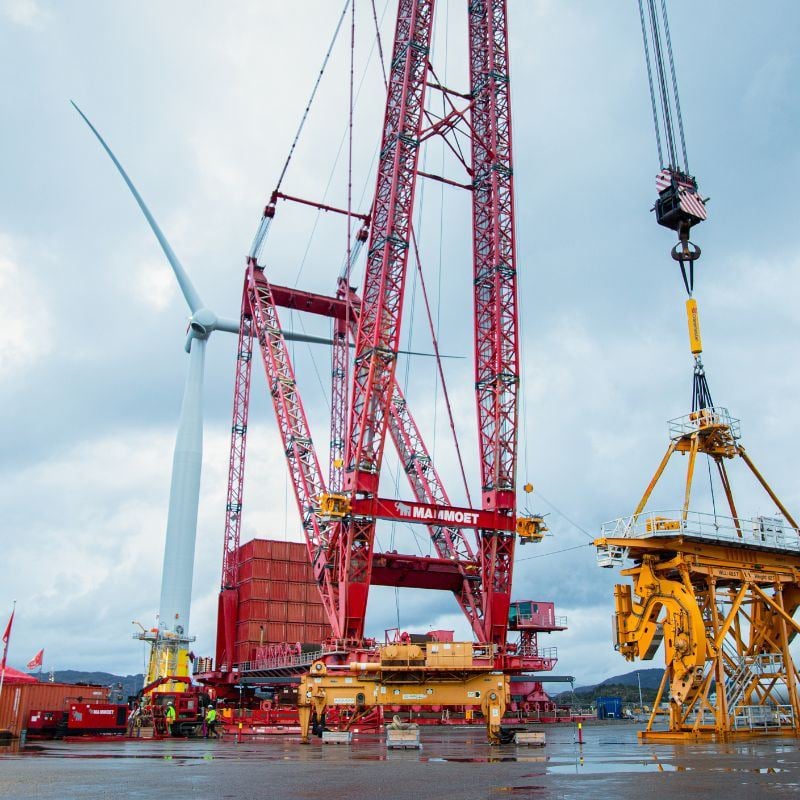sustainability
At Mammoet we want to operate in a safe, efficient and ethical way, appreciating the planet we work on, supporting the communities we work with, while expanding the value we offer to our customers.

At Mammoet we want to operate in a safe, efficient and ethical way, appreciating the planet we work on, supporting the communities we work with, while expanding the value we offer to our customers.

As market leader in engineered heavy lifting and transport, we believe we should always be at the forefront of our industry and thus Mammoet views sustainability as a fundamental element of its operational responsibility.
Each day we are accelerating our efforts to ensure we are growing towards a more sustainable future. We do this by decreasing our environmental impact, investing in the newest technologies that help to cut down emissions.
In addition, we are continuously improving our safety performance, raising the bar on inclusivity and advancing worker welfare standards, to remain at the forefront of sustainability in engineered heavy lifting.


To focus our actions and channel our success, we have developed a Mammoet-tailored Environment, Social and Governance (ESG) framework.
Each of the pillars in this framework is supported by a set of targets so that we have a meaningful way to measure progress and performance.
The targets themselves are connected to the UN’s Sustainable Development Goals.
Mammoet is constantly exploring new ways to grow its business to serve the demands of the future. We are taking steps to reduce the environmental impact of existing heavy transport and lifting equipment, as well as developing innovations that offer new, zero-carbon solutions.
Moreover, we have pushed programs that have improved our health and safety performance, made our company more diverse and further embraced true Corporate Social Responsibility.
In recent years, we have developed the world’s first fully electric SPMT trailers; engineered zero-emission offshore wind and onshore wind cranes; exchanged hardwood with sustainable alternatives; proven the concept of biofuels for heavy transport; as well as many smaller sustainability initiatives.
